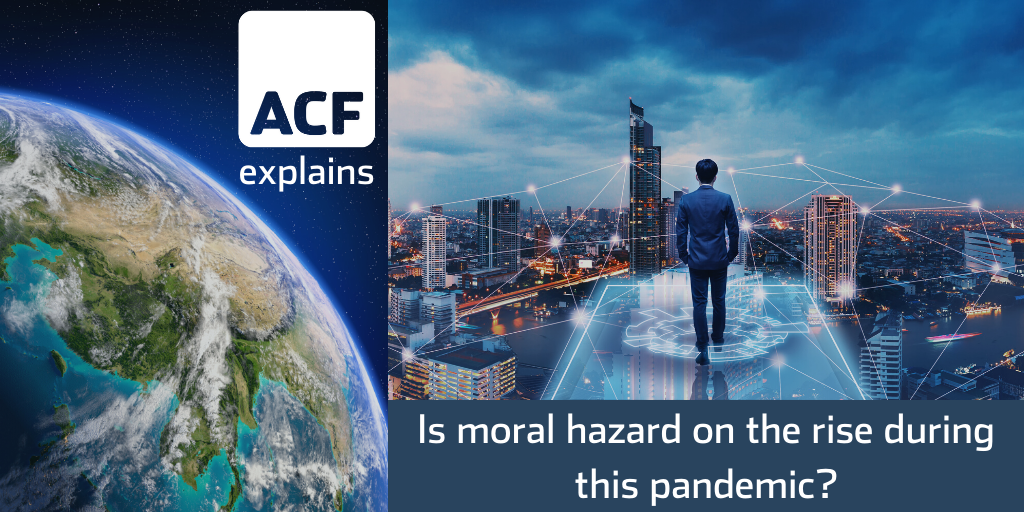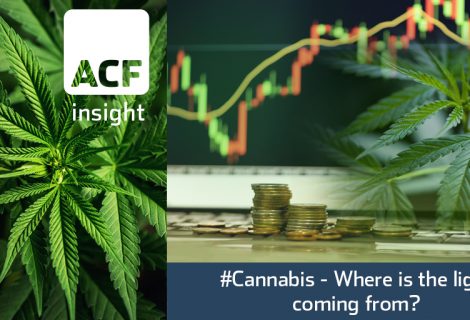Is moral hazard on the rise during this pandemic
Moral hazard in economics happens when an individual or an institution increases their exposure to risk knowing they will not have to bear the full cost of those risks.
The fear of moral hazards occurring is heightened during crises where governments face pressures to bail out institutions to save the economy. Governments are viewed as ‘lenders of last resort’ where they lend freely against very good collateral but at a penalty rate. The problem is that the support is a short-term solution which could lead to future risk-taking.
Due to Covid-19, governments have pumped a lot of money into economies via fiscal stimuli. As a result, the IMF forecasts that advanced economies may actually face fiscal deficits in 2020. Central Banks have also reacted via QE. The problem with QE is that lending standards had already deteriorated over the years and this could lead to higher risk lending i.e. a higher risk of default.
Nevertheless, we cannot discount moral hazard from continuing to occur as the pandemic continues. Economies and markets still need a lot of support in order to recover however, regulatory policies or government intervention will need to be adjusted in order to reduce market risk. Covid-19 could be considered a one-off but the continued threat of climate change means that this is not the end of extraordinary or so-called ‘black swan’ event natural disasters.
Covid-19 is not just a health issue. For less developed countries this pandemic will result in ongoing economic difficulties as these countries do not have the resources to ‘properly’ fight this disease. Government intervention is needed during Covid and works in the short-term but, companies will need to re-evaluate their business models post-Covid for the long-term.
Companies will need to shift their focus and ensure that business activities are carried out in a sustainable manner in order to mitigate some of these environmental risks. This is why having an Environmental, Social, and Governance (ESG) policy as part of a company’s DNA is increasingly important, if not already essential. For small and mid-cap companies, an ESG policy will lead to greater investor interest and higher valuations.
We have created a report on Environmental, Social, and Governance Policy Opportunity looking at the impact of not having an Environmental, Social, and Governance (ESG) policy as part of your core business. READ IT HERE
















